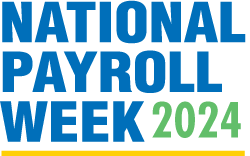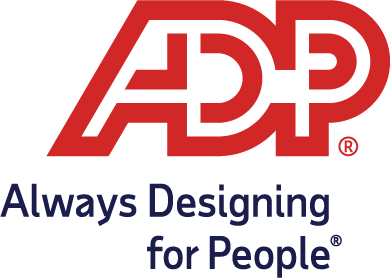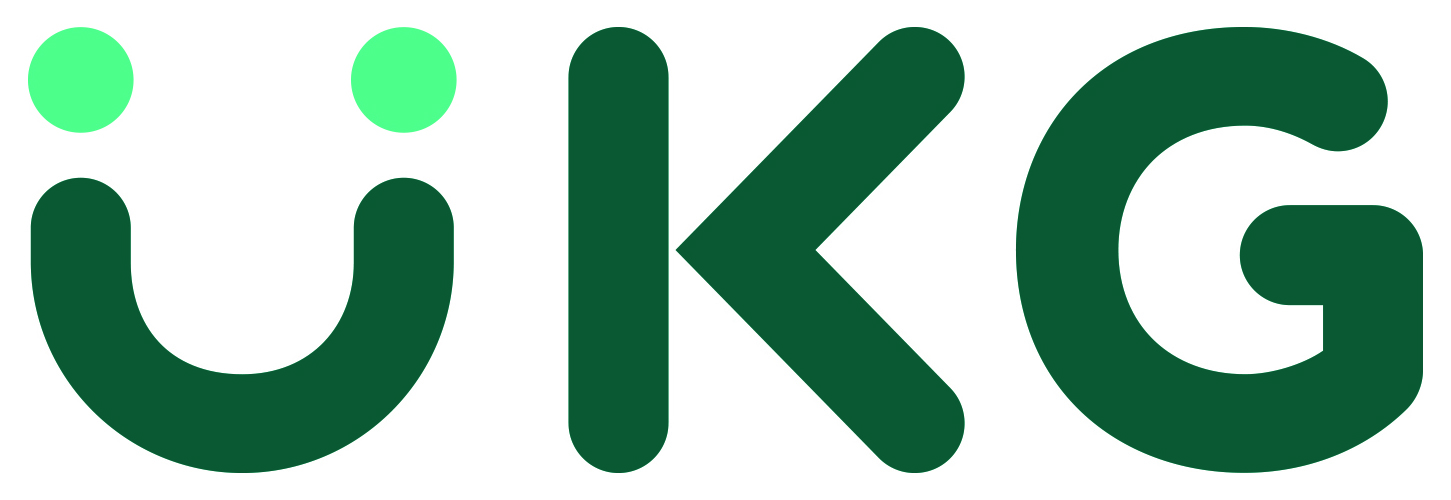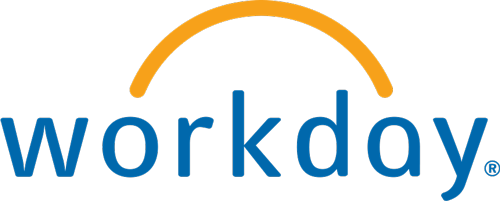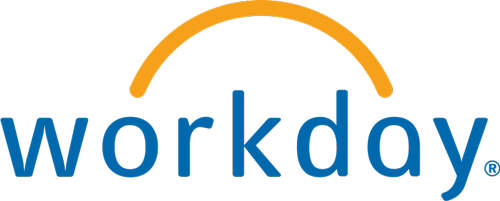Direct
Deposit
Direct Deposit
Direct Deposit
Direct Deposit Facts
- It’s convenient. You don’t have to go to the bank to cash your check.
- It’s safe. No more lost, stolen, or misplaced checks.
- It’s reliable. Your money will be available the morning of the payment or sooner.
- It saves time. You have better things to do than stand in line at the bank.
- It’s popular. More than 95 percent of U.S. workers receive their pay by direct deposit, according to the 2023 “Getting Paid in America” survey.
- You can get paid even when you are out sick or out of town. Rest easy knowing that the auto-payments you have scheduled or the checks you’ve written will clear.
- It helps you manage your money. You can usually have your paycheck deposited directly into more than one account (such as a checking and a savings account). This can automatically help you set up a savings plan.
Frequently Asked Questions
Additional Resources
Consumers: See this explanation from the Board of Governors of the Federal Reserve System for a broad overview of the requirements under Regulation E, which outlines the legal requirements for consumers, companies and banks that use direct deposit.
Employees: If you are interested in having direct deposit instituted at your company, contact your company’s payroll department about setting up a direct deposit program.
Payroll Professionals: Some helpful resources on setting up a Direct Deposit program include:
- PayrollOrg’s eBook The Guide to Successful Electronic Payments
- Nacha
- DirectDepositDelivers.org
What is direct deposit?
Direct deposit is a safe and easy way to have your money deposited directly into your checking or savings account, or to a prepaid card or payroll card. When you use direct deposit, you allow a company or organization to electronically transfer money into your account.
What types of payments can be made by direct deposit?
Any ongoing, regularly scheduled payment, including:
- Salary payments from your employer
- Benefit checks from the federal government, such as Social Security, Supplemental Security Income, Civil Service, Railroad Retirement and Veterans payments
- Benefits issued by state governments, such as retirement and unemployment payments
- Pension payments
- Income from your investments, such as certificates of deposit, annuities and mutual funds
Can I use direct deposit if I don't have a bank account?
You can have your wages deposited to a payroll card account or to a prepaid card account. A payroll card account is offered through your employer and the account is managed by a third party. Other prepaid cards are available for purchase through various retail establishments. The cards may be used for point-of-sale purchases or to withdraw cash from an ATM.
How do I begin using direct deposit?
Ask your employer or government agency if they offer direct deposit. It’s a very simple process to get started. If they don’t offer direct deposit, encourage them to offer it.
How is money deposited into my account?
The payer’s bank will electronically instruct your bank to credit your account for the amount owed to you on the predetermined date. Your bank then deposits this money into your account. You don’t need to have an account at the same bank as your employer.
How can I be sure my deposit was made?
You will get a payment stub in writing or electronically from your employer that lets you know it sent the deposit to your account. If another type of payer doesn’t provide such a stub or notice, your bank will notify you within two days after it receives the deposit or will provide you with a telephone number you can use to check the status of your deposits. The deposit will also be shown on your monthly bank statement.
What if there is a discrepancy between my bank statement and the payment stub or deposit notice I received from the payer?
Notify your bank and your payer immediately. You have up to 60 days from your account statement to notify your bank in person, by telephone, or in writing of an incorrect deposit amount. If the bank needs more than 10 business days to investigate and resolve the situation, it must credit the amount in question to your account during the investigation.
Will direct deposit cost me money?
No. In fact, it may save you money. Many financial institutions waive other fees, like monthly maintenance charges, if you use direct deposit. It will certainly help you avoid the cost of check cashing services.
Can I stop using direct deposit if I change my mind?
Yes. Just contact the payer and they will tell you how to cancel the service.
Can the payer take money out of my account or get confidential information about me through my bank?
Generally, no. Only you can approve the withdrawal of money from your account, and the payer only has access to the information you provided. However, if your employer pays you too much (e.g., if it sends two deposits to your account for one pay period), it can reverse the incorrect payment without notifying you within five business days of making the payment. Receiving your money by direct deposit is actually more confidential than being paid by check because fewer people are involved in the delivery and deposit of your payment.
